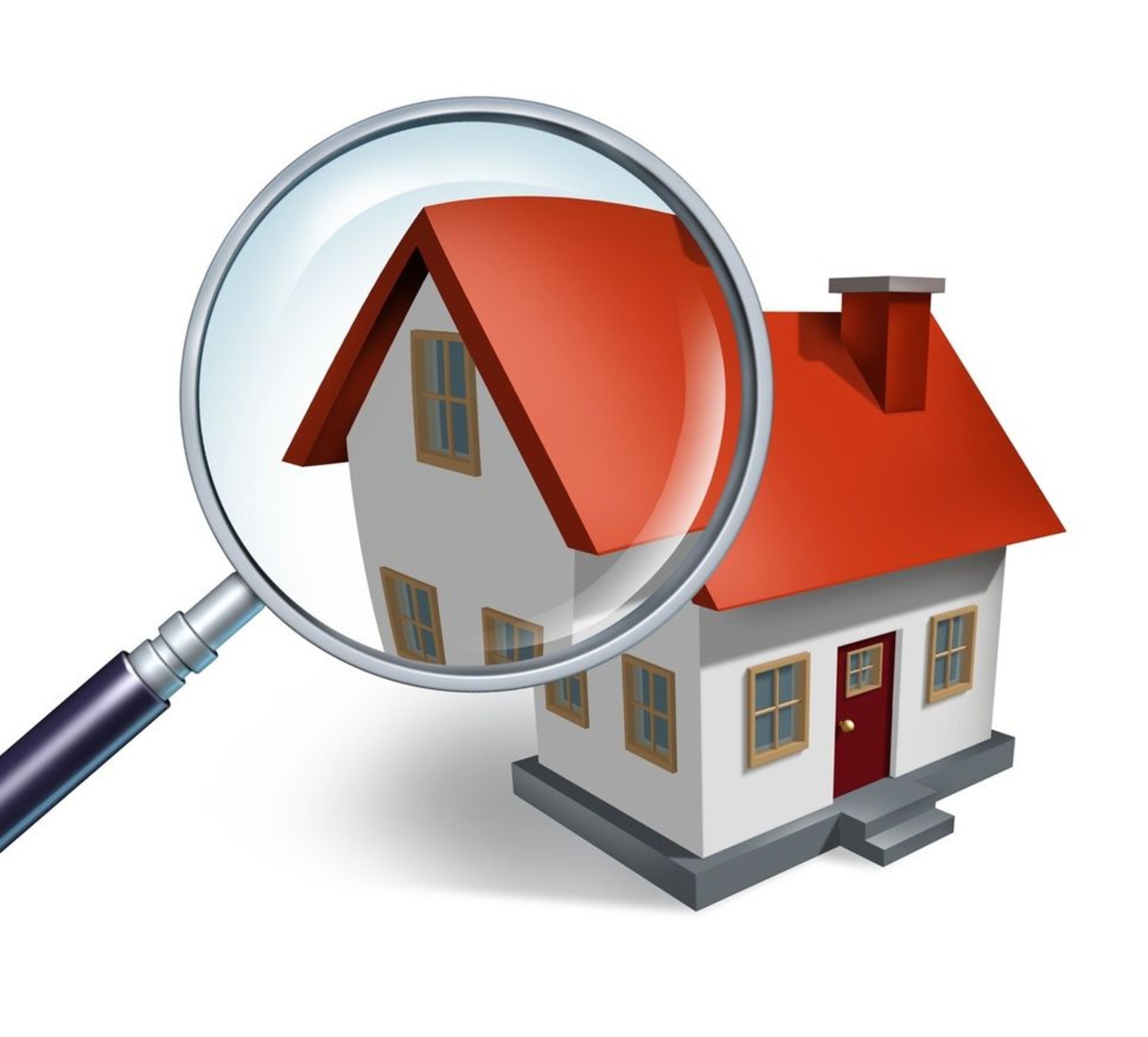Your Montreal home could be worth $86,000 more two years from now!
30 Oct 2019
To those who have, more will be given. To those who do not have, even what they have will be taken away.
I always hated that Bible verse. It seems so unfair. Yet I have to admit, it’s a pretty good summary of the state of Montreal real estate.
For those who already own a home, good news! You might have made a tidy profit over the past few years. Even better: the latest prediction from the Canadian Mortgage and Housing Corporation is that home prices in Greater Montreal will continue to go up by an average of five to six per cent per year for the next two years at least. For those in the most desirable neighbourhoods, your gains could be even greater.
For buyers who were waiting for prices to come down … désolée. The CMHC predicts that the average price of a home in Montreal will rise from about $385,000 in 2018 to somewhere between $441,000 and $471,000 by the end of 2021. At the higher end of that range, that’s an increase of 22 per cent compared with the average price in 2018 — a procrastination penalty of $86,000. Ouch.
It gets worse.
Buyers have enjoyed rock-bottom interest rates for the past five years or so, but CMHC expects borrowing costs to rise gradually. The five-year mortgage rate is expected to rise from five per cent in 2019 to 6.5 per cent. Not only will houses cost more to buy, but you’ll pay more interest on that fat mortgage, too.
Renters will not be spared. Vacancy rates haven’t been this low since the early 2000s, and CMHC predicts apartments will get even harder to find in the next few years. The average rent of a two-bedroom apartment is predicted to rise to $880/month this year, from $809 in 2018, an increase of almost nine per cent. Meanwhile, the vacancy rate is expected to drop from 1.9 per cent to 1.3 per cent.
You may wonder what is going on. Why are housing prices climbing so high?
It’s simple: the number of people who are looking for a home to buy or rent is increasing, while the number of properties available keeps shrinking.
Since Quebec realtors began keeping track of Quebec home sales in 2000, there have never been so few properties for sale. According to market analyst Charles Brant, with the Quebec Professional Association of Real Estate Brokers, every report on the state of the market in the last five years has shown another increase in sales, while the pool of properties for sale has been shrinking every year since 2015.
Yet the buyers keep coming. All six of Quebec’s census metropolitan areas registered double-digit increases in sales in the past year, according to the realtors’ association: 24 per cent in Quebec City, 22 per cent in Trois-Rivières, 18 per cent in Gatineau, 13 per cent in Montreal and Saguenay, and 12 per cent in Sherbrooke.
According to CMHC economist Francis Cortellino, although both sales and price growth are likely to remain strong over the next two years, he expects the rate of growth will eventually slow. Rising interest rates are likely to have a slight cooling effect, but the bigger factor will be the rate of job creation.
The housing market is linked to job growth, and the recent boom in new jobs seems to be tapering off. Two years ago, the employment rate grew by four per cent, but last year it was only two per cent. This year: less than one per cent, and many of those jobs were part-time, Cortellino said.
So, Montreal buyers can take some comfort that as high as our prices may seem, it looks like we’ll remain “affordable” relative to Vancouver or Toronto for the foreseeable future.
As for you Montreal homeowners, remember: those paper gains aren’t real until you sell and pocket the profit. If you do, it will be you in the buyer’s shoes, feeling like you’re picking from too few properties, and wondering why you can’t get more house for your money.
